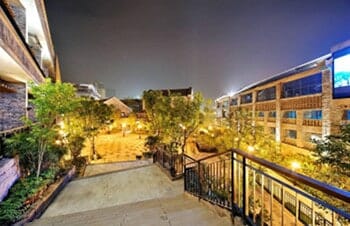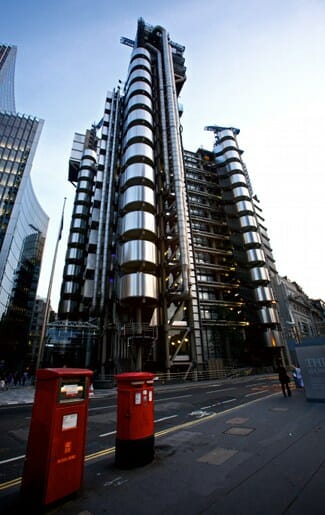Real estate Developer Shui On Land recently reached agreement to sell its Corporate Avenue 2 project in its Chongqing Tiandi development to Sunshine Life Insurance for RMB 2.4 billion (US$393 million), as the Shanghai-based firm continued to sell off holdings.
The sale of the Chongqing property follows close after Shui On’s late October sale of a stake in its China Xintiandi subsidiary to Brookfield Property Partners for $750 million. At the time, the company stated that it would use the proceeds from that sale to repay existing debts, fund capital expenditure and for general corporate purposes.
Many market observers indicated that Shui On was having cashflow issues that made it hard to compete with its better capitalised competitors as land and asset prices have been rising rapidly during 2013.
Sunshine Life Insurance is a Beijing-based subsidiary of Sunshine Insurance Group Co., Ltd, which is said to be China’s seventh largest insurer and among the 500 largest enterprises in the country.
Increased Demand for Office Assets in 2013
Corporate Avenue 2, which is jointly owned by Shui On subsidiaries Chongqing Shui On Tiandi Property Development Co, Ltd and Shanghai Xintiandi, is part of the Chongqing Tiandi development in the western China metropolis. The office building has a total GFA of 119,534.46 square metres and 815 underground car parking spaces. Jones Lang LaSalle brokered the transaction on behalf of Shui On Land.
With cash from private equity funds, and increased activity from real estate firms such as Sunshine, office buildings in prime locations continue to be the most sought-after real estate assets in China.
According to Jones Lang, during the first three quarters of 2013, the total volume of real estate investment transactions in China has exceeded RMB 85.66 billion, surpassing the full-year volume of RMB 73.06 billion in 2012. Of these investment deals, office assets accounted for approximately 54% of the transactions, compared to 52% in 2012.
Chongqing Continues to Be a Real Estate Hot Spot
Commenting on the sale to Sunshine, Jones Lang predicted more investment transactions in China’s larger emerging markets in the coming months. The consultancy based its prediction on growing market confidence nationwide and the yield compression caused by rising asset values in the country’s first tier cities.
As an alternative to these top tier markets, Chongqing has already proven attractive this year, with investment firm Everbright Ashmore managing to sell a 128,381 square metre mall in Chongqing for what it stated was an IRR of 27% and a money multiple of more than 2.1x.
Philippine retail developer SM Group has also been active in the city opening a 149,000 square metre mall in the western China metropolis in late 2012.
Deregulation Allowing Insurers to Invest in Real Estate
Part of the reason for the increased competition for assets is the stepped up presence of insurers such as Sunshine in the real estate market. As part of a gradual loosening of restrictions on China’s insurance firms, in October this year the China Insurance Regulatory Commission announced that it would allow insurers to invest up to 30 percent of their total assets in real estate, up from the previous cap of 25 percent.
Even before this latest round of regulatory reform, insurance giants such as Ping An were acquiring office assets, including the purchase of the Lloyd’s of London building in the UK for $388 million.
Whether Shui On’s latest asset sale will be sufficient to reduce pressure on the company’s stock is difficult to predict at this point. However, should the firm need to sell further properties, there seems to be a ready market of buyers for buildings in Chongqing or elsewhere.


Leave a Reply